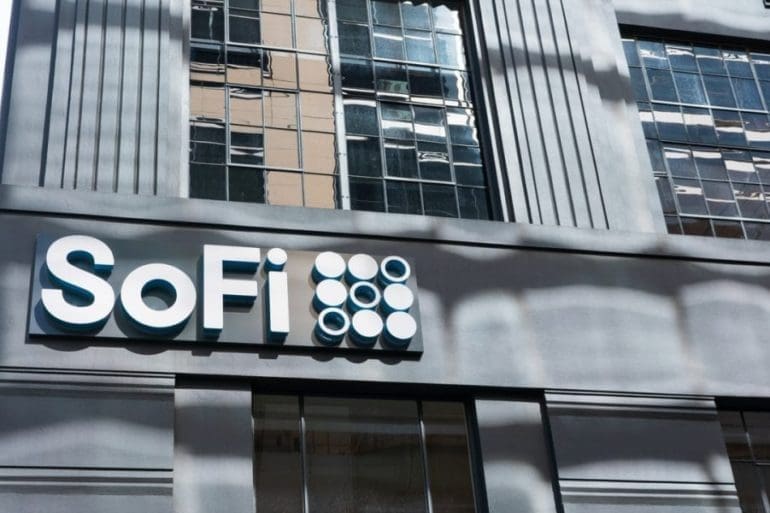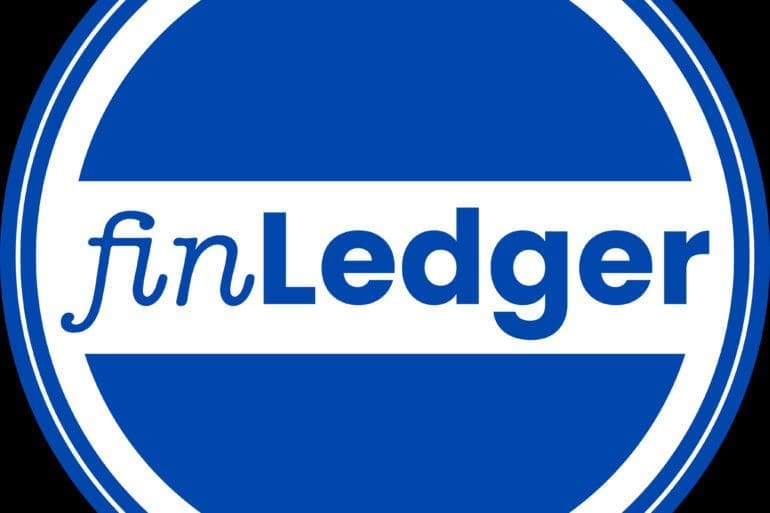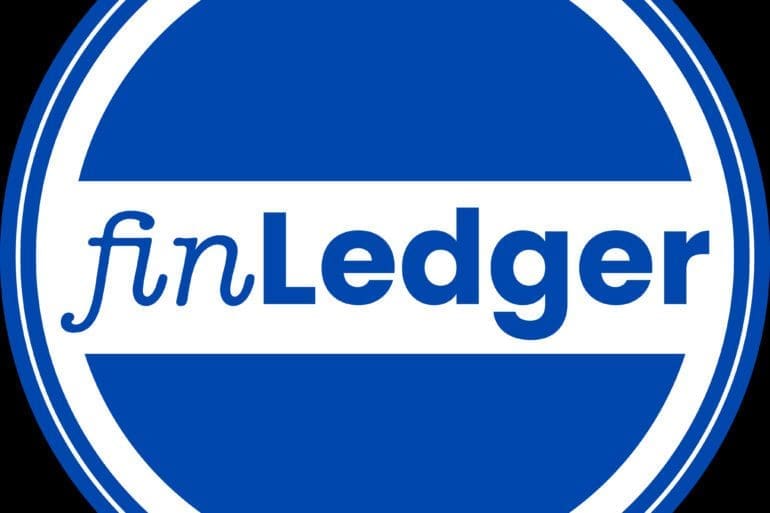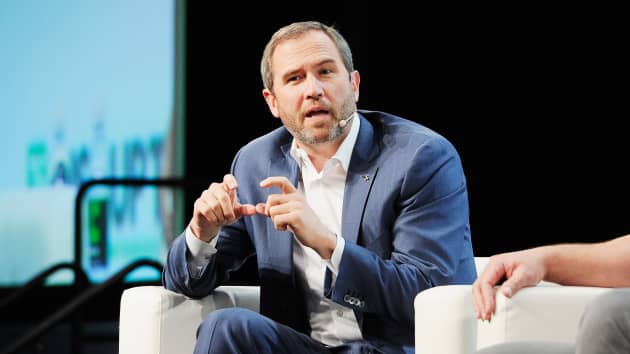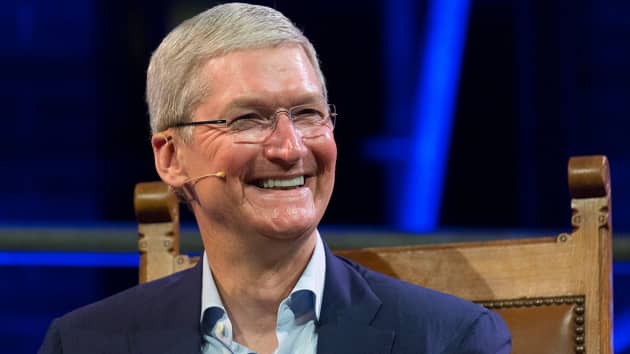Personal finance company SoFi saw strong third quarter earnings, with its business segments — lending, financial services and technology platform — driving growth.
JoinedAug. 16, 2021
Articles3,126
John has been in communications since graduating from Creative Communications at Red River College Polytechnic in Winnipeg in 1992. He launched one of Canada's first digital-only local news sites called Winnipeg First in 2007, which led to digital editor postings with the Winnipeg Free Press and Edmonton Journal. In 2012 he joined Bankless Times as managing editor, later becoming president and CEO. He and the Bankless Media co-founders completed a sale and exit in August 2021.
Klarna, one of the world’s largest private fintech companies and aggregators of the Buy Now, Pay Later trend, announced Wednesday it is now offering its
Technosocialism isn’t a political movement, it’s a social outcome. It resets long-term economic growth within a framework that doesn’t harm the economy but allows big government capability with strong investment in technology infrastructure that improves government productivity.
The $89.5 billion-asset bank's new overdraft program, called Santander Safety Net, follows a recent trend of traditional institutions revamping or doing away with the fee altogether.
The partnership with the e-commerce giant could help PayPal overcome muted fourth-quarter sales due to supply-chain issues and other factors changing consumer spending.
Software-as-a-service (SaaS) startup LoanPro announced Tuesday a partnership with Mastercard's open banking solution provider, Fincity.
Fintech start-up Ripple on Tuesday said it’s launching a new product that lets financial services firms offer their customers the ability to buy and sell cryptocurrencies.
Apple CEO Tim Cook said he personally owns cryptocurrency after he was asked at The New York Times DealBook conference if he owns bitcoin or ethereum.
Machine learning-based digital identity verification firm Socure has closed an oversubscribed $450 million funding round at a $4.5 billion valuation.
The U.S. credit card industry finally appears to be turning a corner, with balances again rising after borrowers spent the pandemic’s earlier stages paying down their debt.


